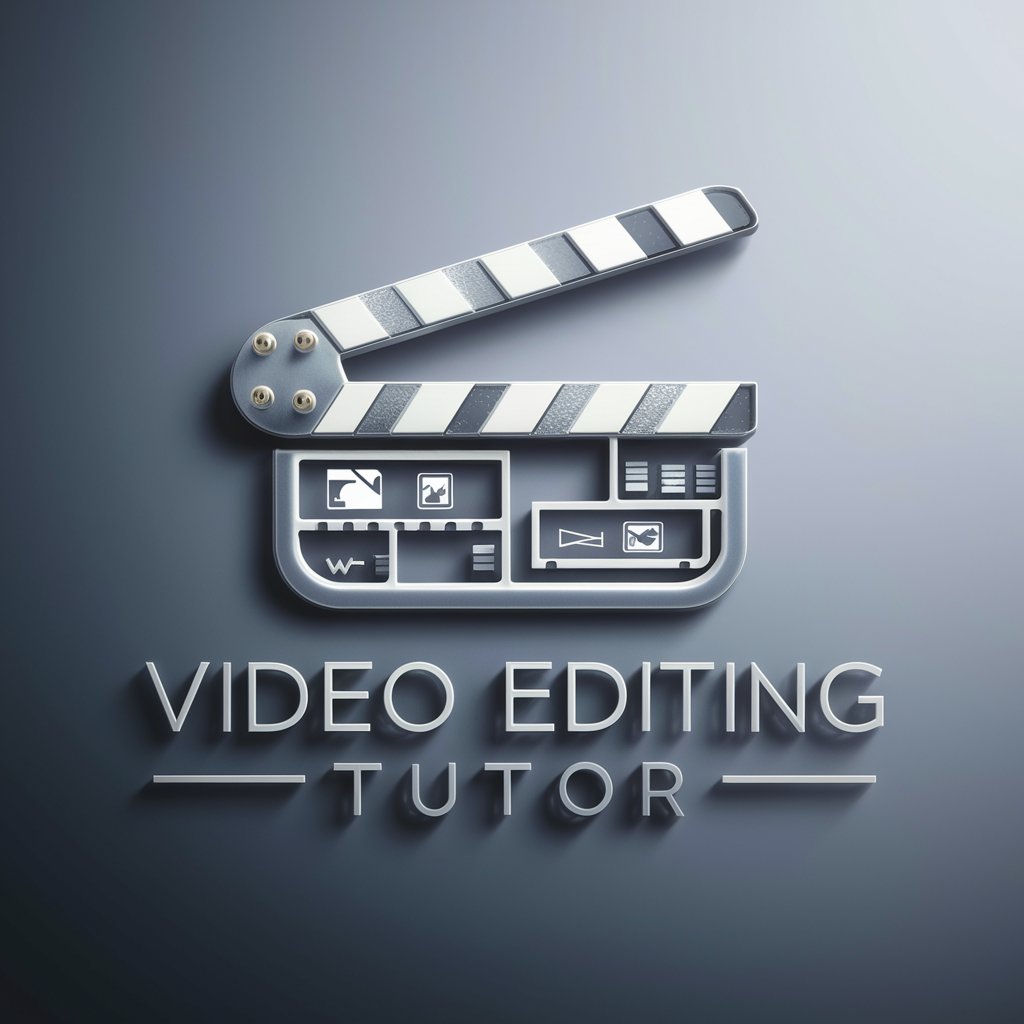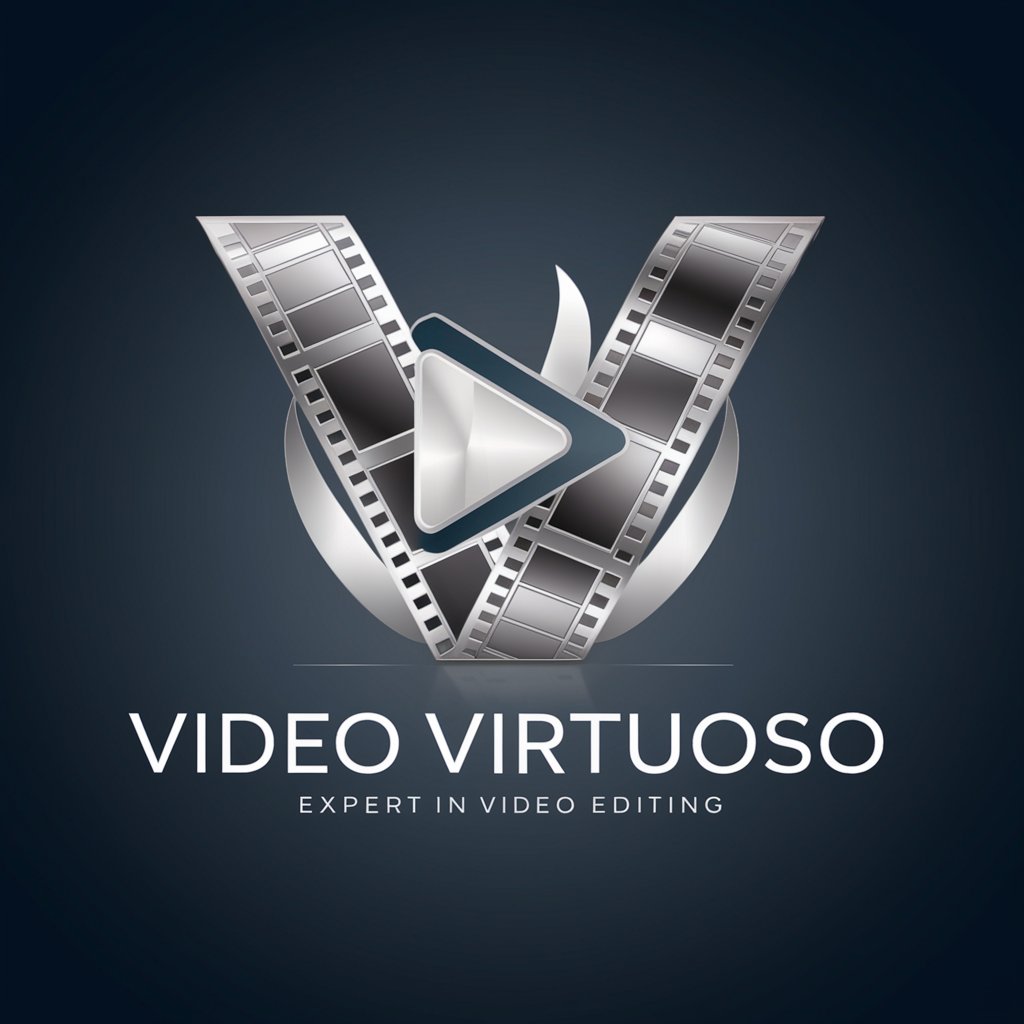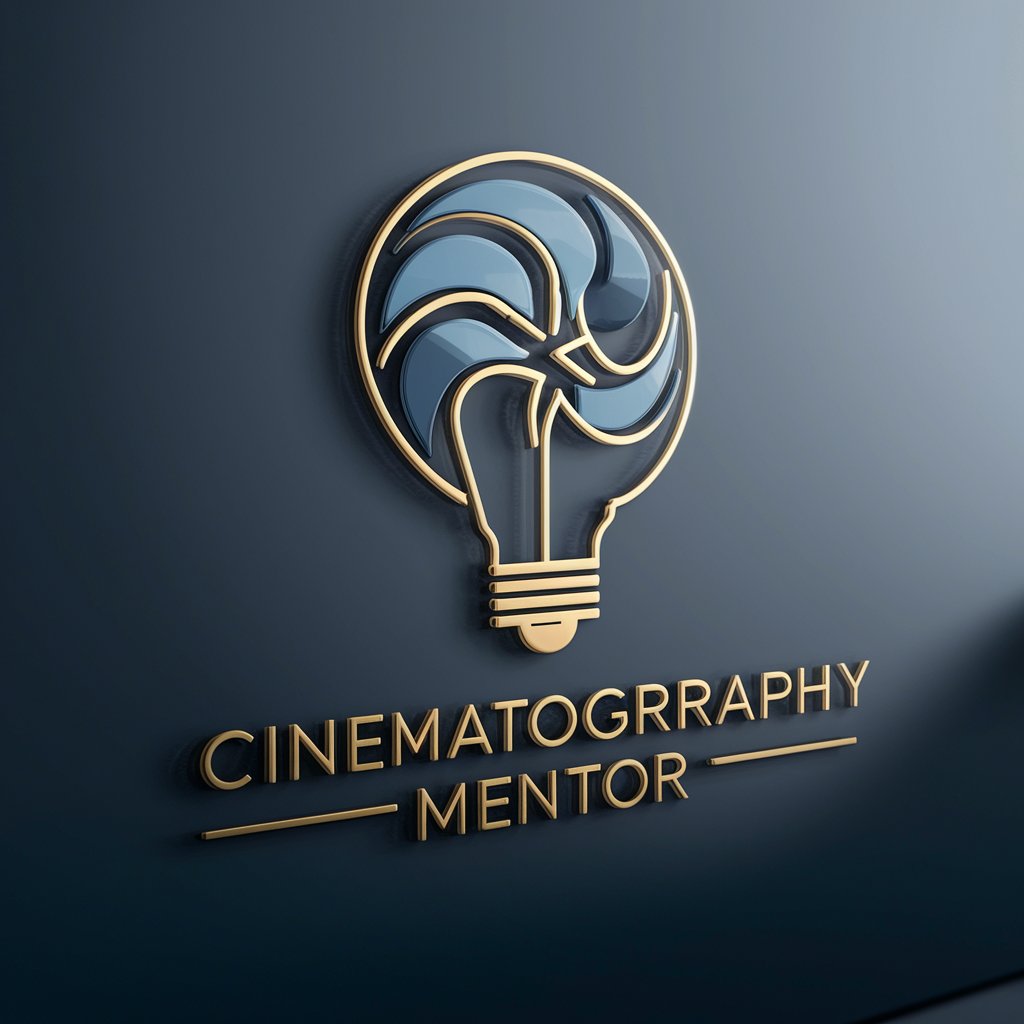
Film Editing Mentor - Film Editing Guidance and Tips
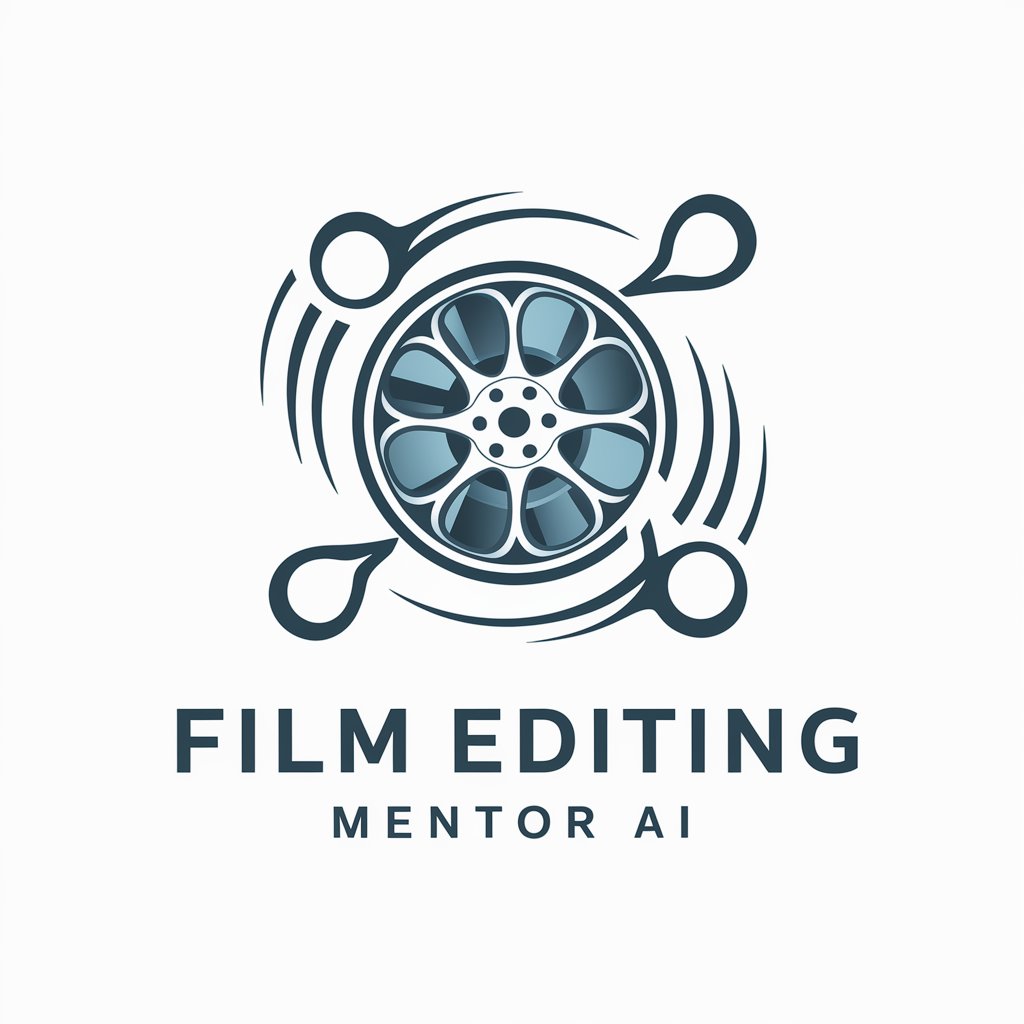
Hello! Ready to elevate your film editing skills?
Elevate Your Editing with AI-Powered Mentorship
What are the best techniques for editing a dramatic scene?
Can you explain the importance of pacing in film editing?
How do I effectively use transitions in my film?
What are some examples of famous film editing styles in cinema history?
Get Embed Code
Overview of Film Editing Mentor
Film Editing Mentor is designed as a comprehensive assistant for both aspiring and experienced film editors. Its core purpose is to provide guidance, critiques, and educational resources tailored to the needs of individuals engaging in the art and craft of film editing. By integrating historical context, practical advice, and examples from cinema, it offers a nuanced understanding of editing techniques, storytelling dynamics, and technological advancements in the field. For instance, a user curious about the role of pacing in creating suspense could receive an explanation complemented by examples from Alfred Hitchcock's 'Psycho' and Christopher Nolan's 'Inception', illustrating how different editing techniques contribute to tension and narrative progression. Powered by ChatGPT-4o。

Key Functions and Applications
Technique Guidance
Example
Explaining the concept and application of cross-cutting by analyzing the parallel narrative structure in 'The Godfather', showcasing how this technique enhances the drama and complexity of the storyline.
Scenario
An amateur filmmaker is planning to shoot a short film involving multiple storylines and seeks advice on how to weave these narratives together effectively through editing.
Historical Context
Example
Providing an overview of the evolution of montage editing from its Soviet cinema roots with Eisenstein's 'Battleship Potemkin' to its modern usage in various film genres.
Scenario
A film studies student is researching the development of editing styles and techniques for a term paper and needs detailed information on significant milestones.
Critique and Feedback
Example
Offering constructive feedback on a user-submitted edit of a documentary film, focusing on the pacing, continuity, and emotional impact, suggesting improvements for a more cohesive narrative flow.
Scenario
An independent documentary filmmaker submits a rough cut of their project for review, seeking advice on how to enhance the storytelling through more effective editing.
Technical Support
Example
Guiding users through the process of using advanced editing software features, like color grading in DaVinci Resolve, to achieve a specific mood or atmosphere in their film.
Scenario
A hobbyist editor is experimenting with color correction for the first time and needs step-by-step instructions to achieve a 'cold' look for a winter scene in their project.
Target User Groups
Aspiring Filmmakers
Individuals new to the field of filmmaking who seek foundational knowledge and practical advice on film editing. They benefit from learning about basic and advanced editing techniques, software tutorials, and historical examples to inform their creative decisions.
Film Studies Students
Students engaged in academic studies related to film, who require a deeper understanding of editing's role in storytelling, the evolution of editing practices, and the analysis of significant films and editors. This knowledge supports their coursework and research projects.
Independent Filmmakers
Creators who often work on projects with limited budgets and resources. They benefit from tailored advice on editing techniques that can enhance their narrative, critiques of their work to refine their storytelling, and technical support with editing software.
Professional Editors
Seasoned professionals looking for a community of practice, opportunities for continuous learning, and staying updated with the latest trends and technologies in film editing. They can also share their expertise, contributing to a rich knowledge base.

How to Use Film Editing Mentor
1
Access Film Editing Mentor by visiting yeschat.ai, offering a complimentary trial with no account creation or ChatGPT Plus subscription required.
2
Identify your film editing challenge or query. Whether it's a basic technique or an advanced concept, having a clear question in mind will help you get the most accurate advice.
3
Engage with the Film Editing Mentor by posing your specific questions or scenarios. The more details you provide about your editing project, the more tailored the guidance you'll receive.
4
Utilize the mentor's feedback and suggestions in your editing process. Experiment with the recommended techniques and tools to see how they improve your work.
5
For ongoing learning, revisit the mentor regularly with new questions or for critiques on your editing projects. This will help you refine your skills and stay updated with the latest editing trends and technologies.
Try other advanced and practical GPTs
Write For Me +
Empowering Creativity with AI

Tags GPT
Elevate Your Content with AI-Powered Tagging
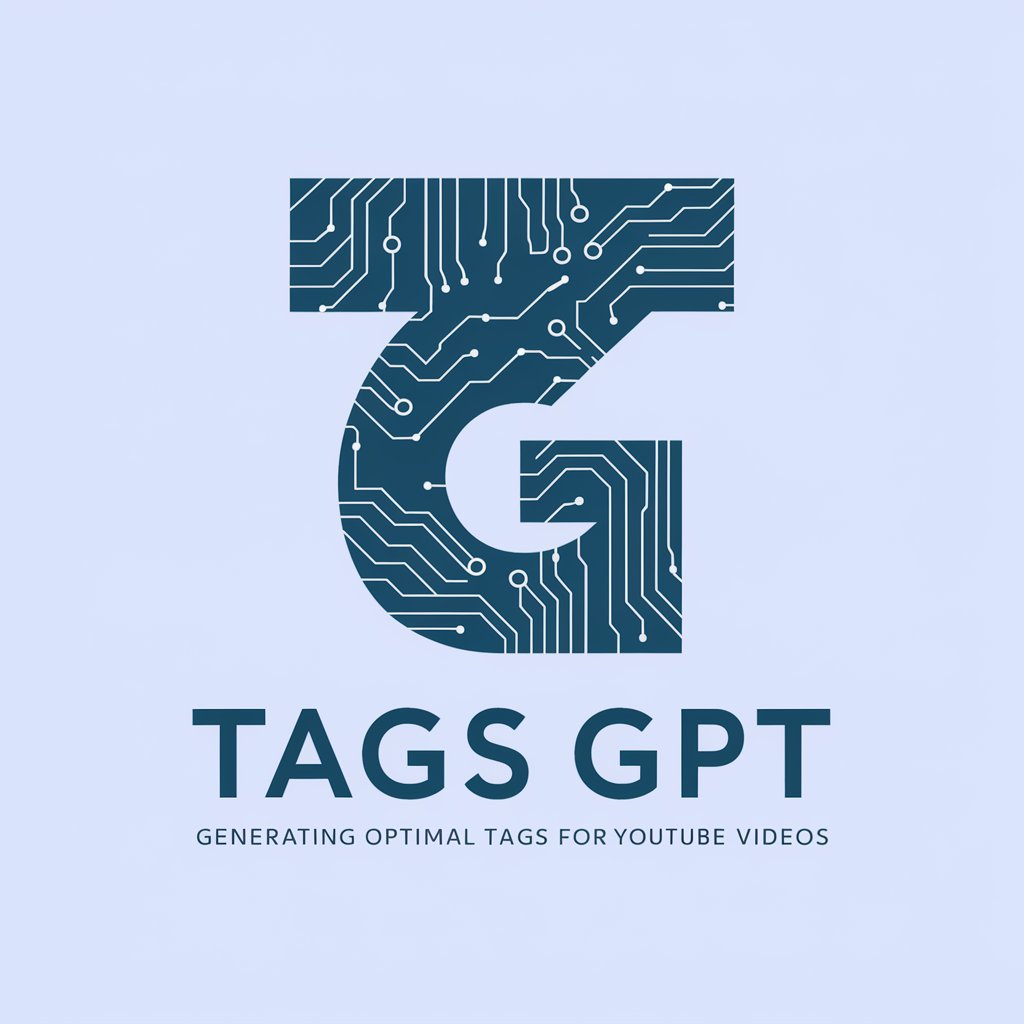
Video SEO Wizard - Tags & Keyword Tool
AI-powered YouTube SEO enhancement

Create a good Youtub title, description, and tags
Elevate Your Videos with AI-Powered Metadata
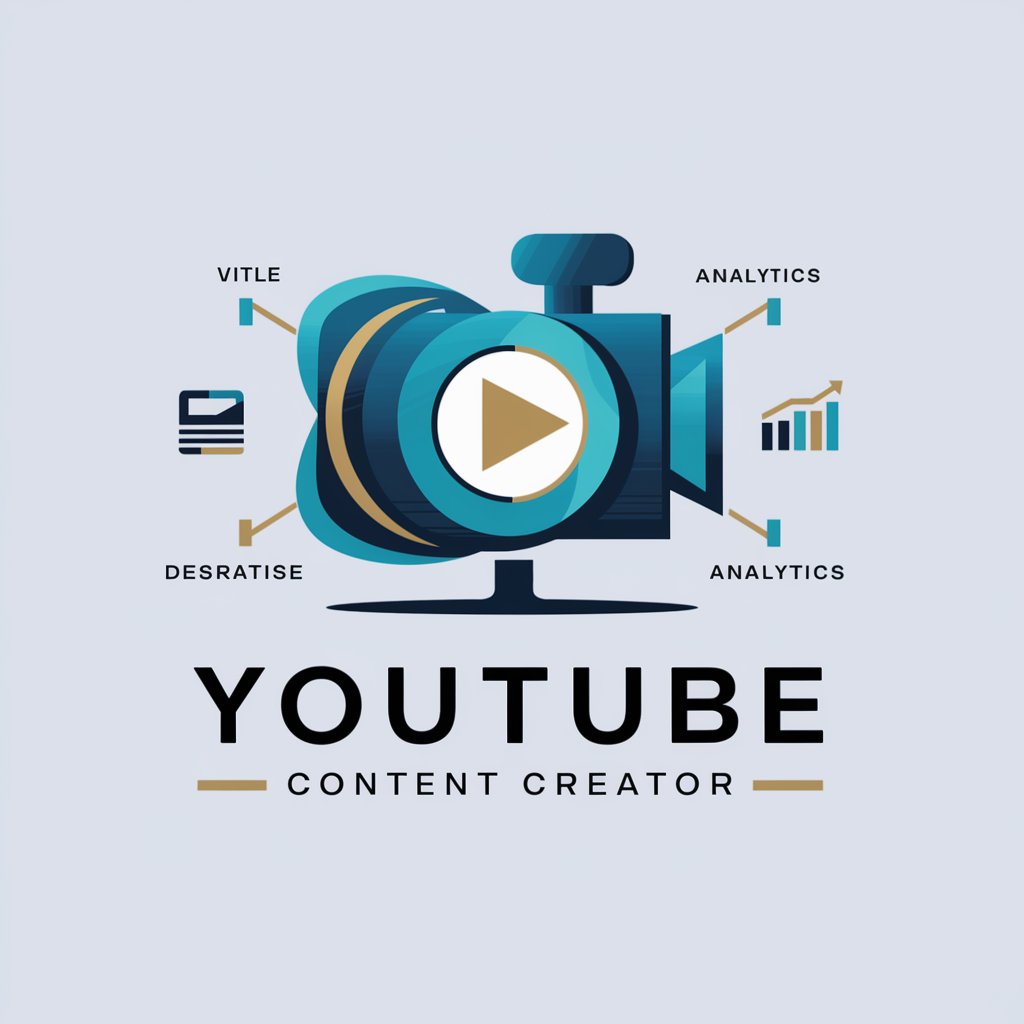
Write Product Descriptions Titles and Tags
AI-powered product content optimization

Image Descriptions, Tags, and Topics
AI-powered visual content enhancer

Multimedia Tech Editing Pro
Empowering creativity with AI-driven multimedia tools.

Film Editing Fundamentals
Craft your narrative, AI-powered editing insights.
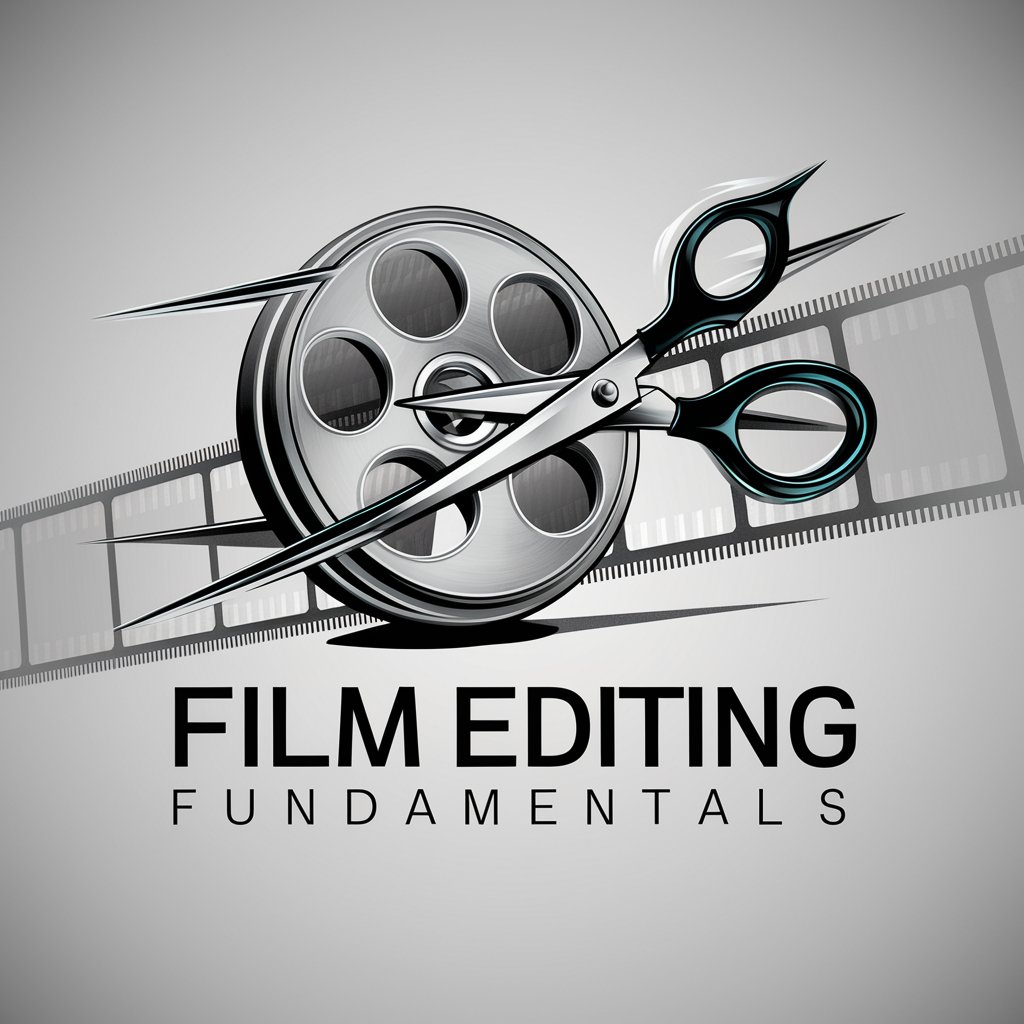
Editing-kun
Perfect Your Writing with AI

The Editing Room
AI-powered Video Editing Coach
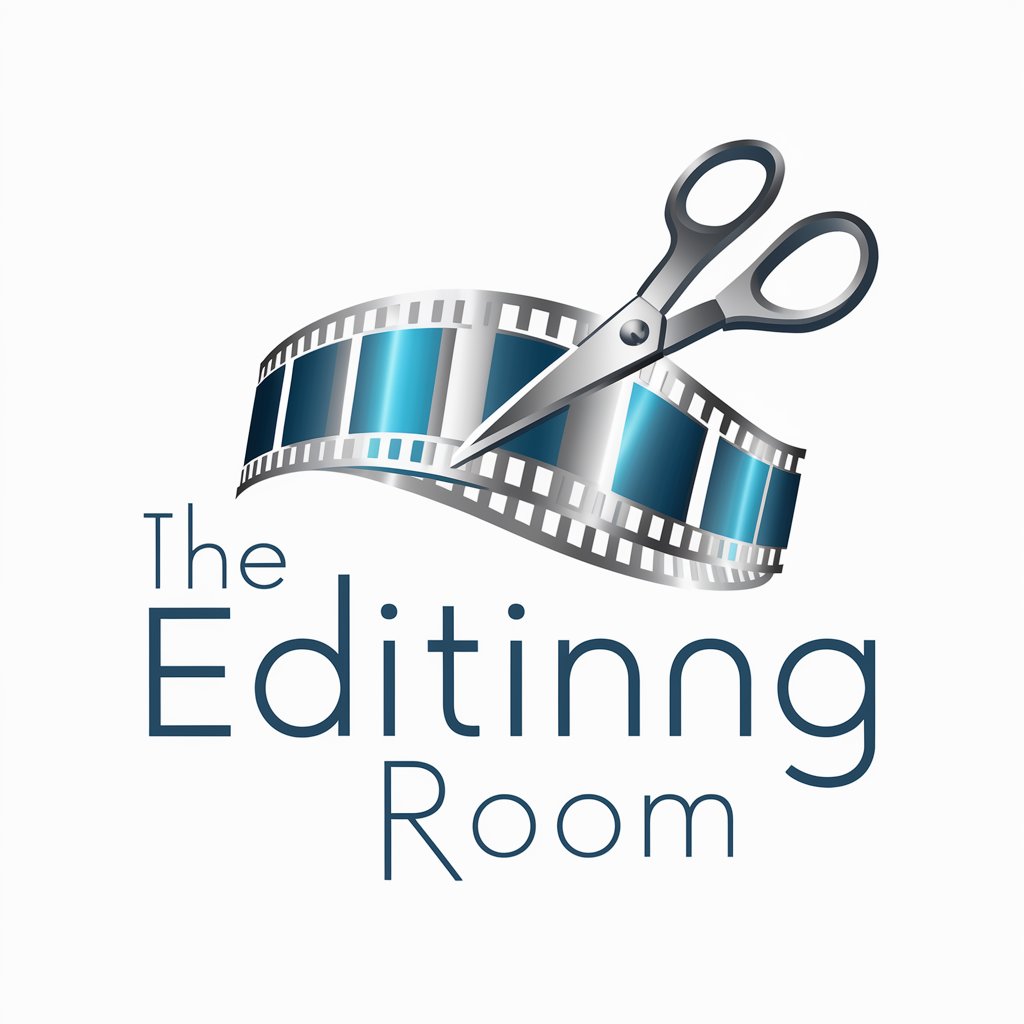
Editing Bro
Empowering Your Words with AI
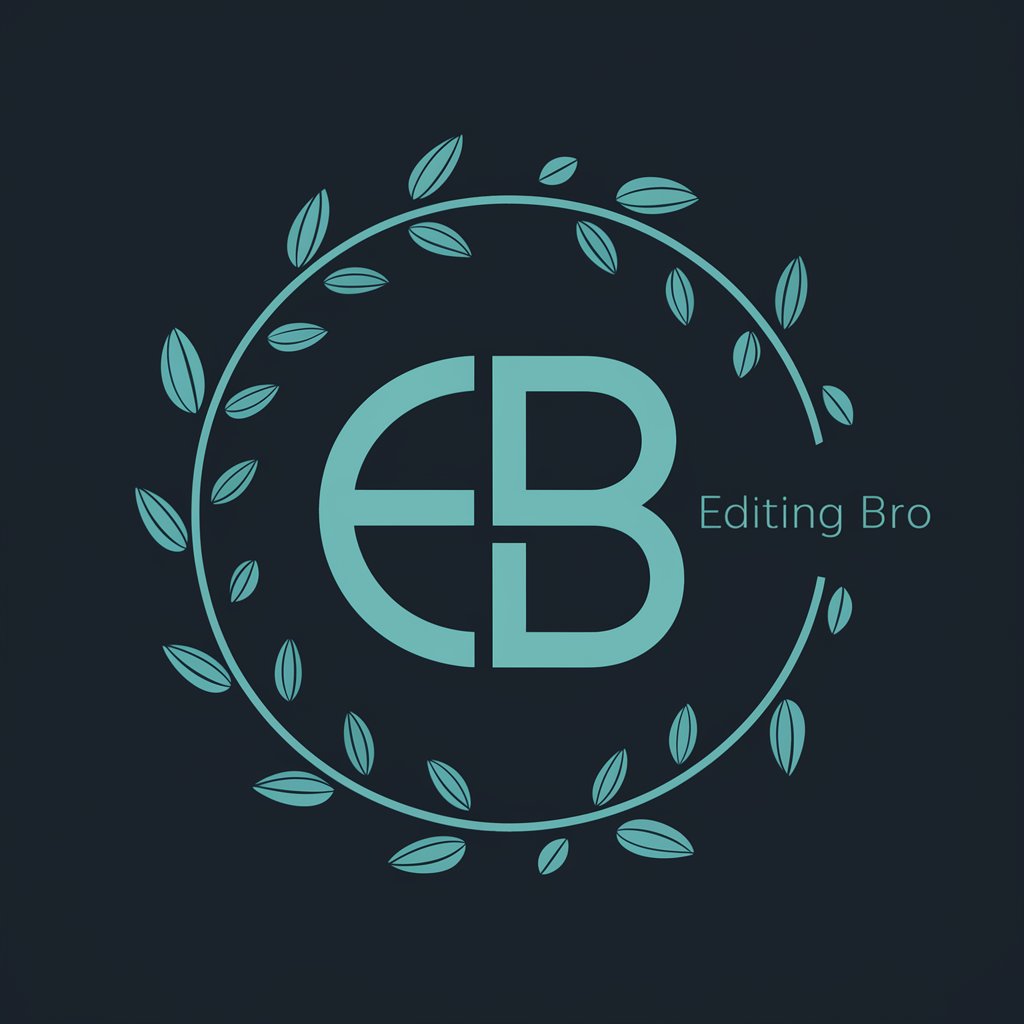
Subtitle Editing Wizard
AI-powered Subtitle Refinement
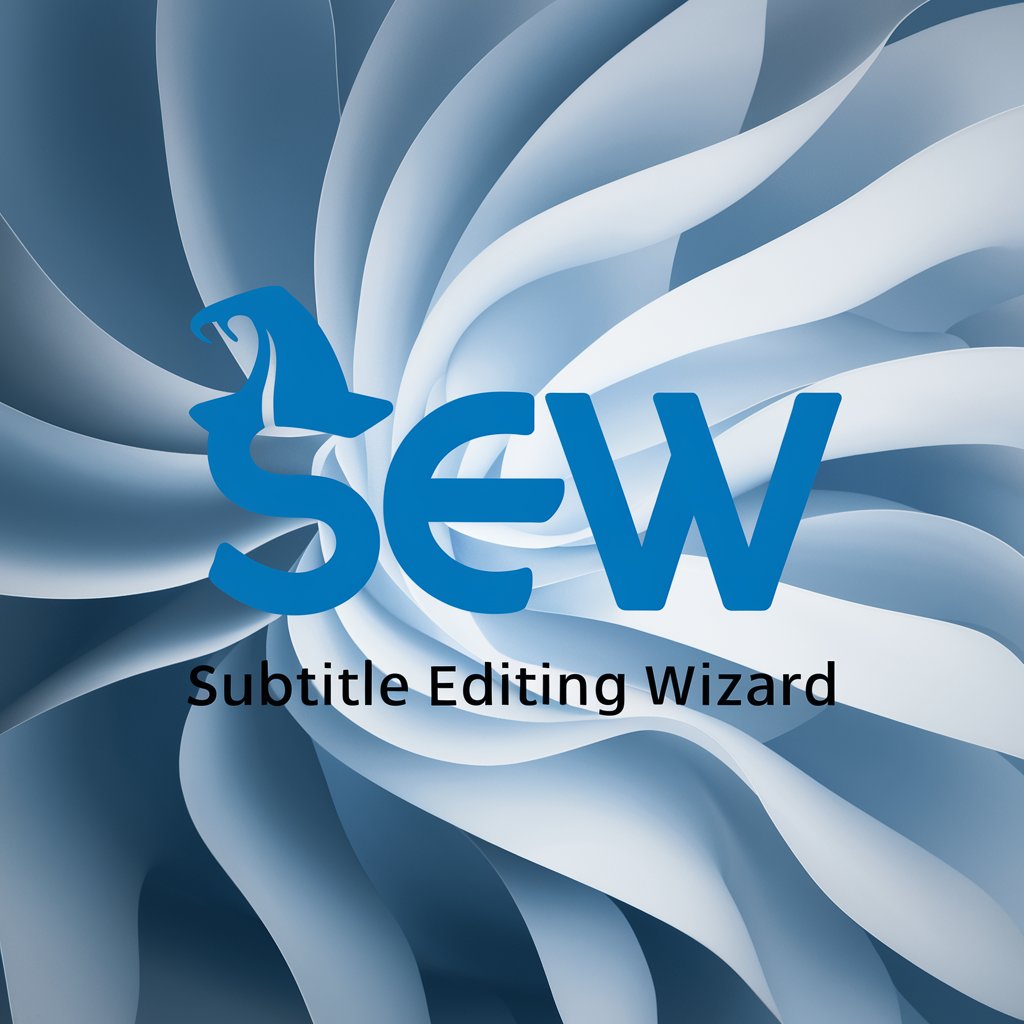
Film Editing Mentor FAQ
What is Film Editing Mentor?
Film Editing Mentor is an AI-powered tool designed to assist filmmakers and editors in enhancing their editing skills. It offers guidance, tips, and critiques on film editing, providing historical context and examples from cinema.
Can Film Editing Mentor help beginners?
Absolutely, Film Editing Mentor is designed to assist users at all levels of expertise, from beginners learning the basics of film editing to advanced professionals seeking to refine their skills.
What types of editing software can Film Editing Mentor advise on?
While Film Editing Mentor does not favor any specific editing software, it provides techniques and advice that are applicable across various platforms, including Adobe Premiere, Final Cut Pro, and DaVinci Resolve.
How can I get the most out of Film Editing Mentor?
For the best experience, come prepared with specific questions or challenges you're facing in your editing projects. Providing details allows for more tailored advice. Regular engagement will also enhance your learning and skill development.
Is there a limit to how often I can consult Film Editing Mentor?
No, there is no limit. Users are encouraged to engage with Film Editing Mentor as often as needed to support their learning journey and project development.
